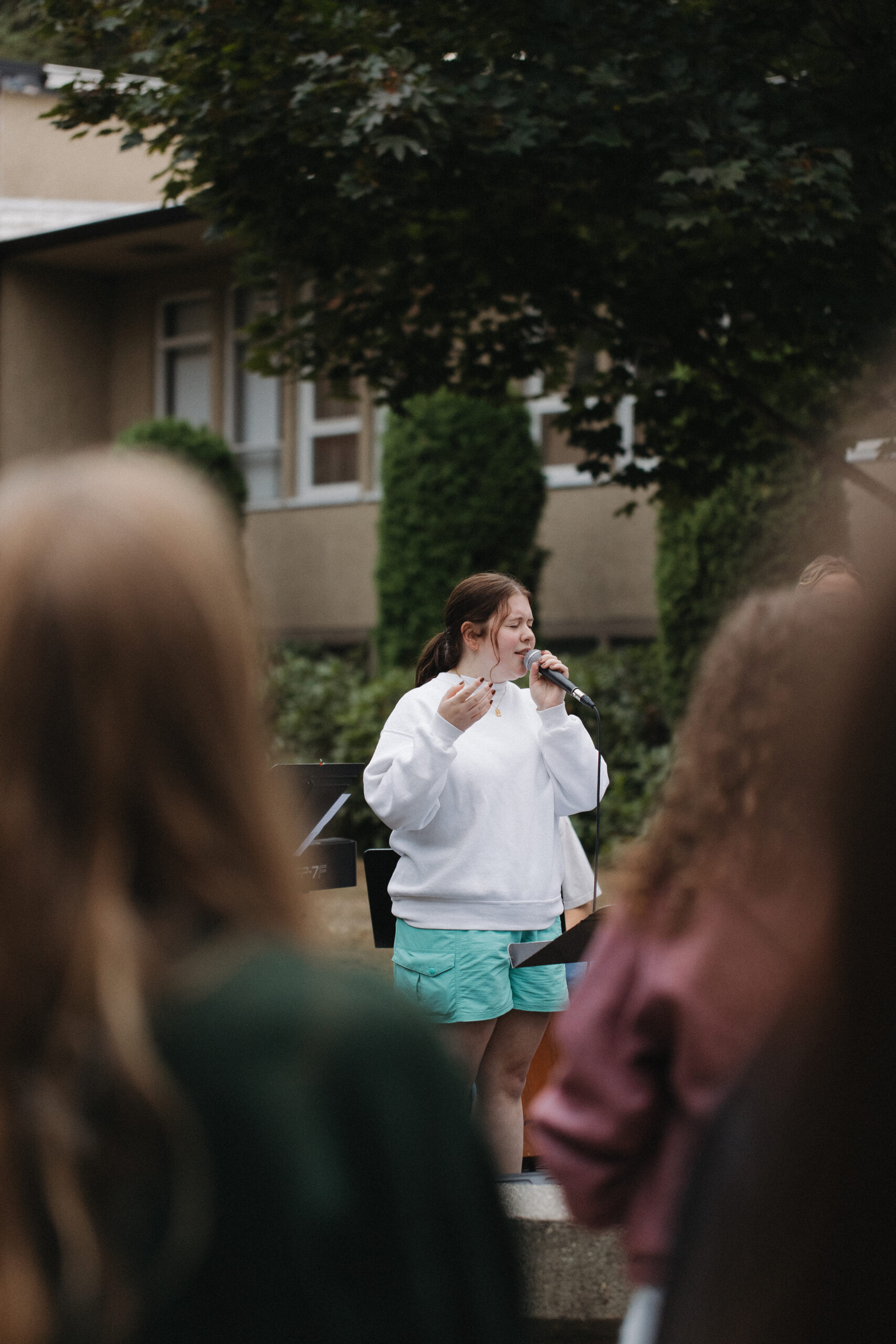QUEST: Why Learning?
by Jeremy Walker

When was the last time you felt like you learned something new – truly new? Maybe it was in a class or in a coffee shop conversing with a good friend. It could have been through a story you heard or from helping others in need. It could even be from the last time you tried something new or failed miserably at something. Pause now….What did it feel like to learn? Why is learning important to you?
For me, learning has taken center stage lately, as I have had a front row seat to some proud papa type moments. Over the last number of months I have been watching my 8 year old son unravel the mysteries of the Rubik’s cube. At first, he simply went at it, trial and error. Then, slowly, with the guidance of a friend he began to understand the logic. I decided to join in a little, but it wasn’t long before he understood it far more deeply than me, leaving me in the dust (only slightly embarrassing and disruptive to my ego).

Once we had two cubes in the house, he would often invite me to join him, both of us attempting to solve the cubes side by side. During one of these times, while I repeatedly made attempts to recall the moves I had quickly tried to memorize, it happened. After messing up one of the longer sequences, with no idea of how to continue other than to start over, I voiced my frustration with a noisy grunt. That’s when my son reached over, took one look at the cube, and then with fingers flying, put the cube back into the exact state it had been before I had started that sequence. It was at this point, dumbfounded, I realized how far he had come. He was beyond mere memorization, he understood the logic, could do it backwards and forwards. Since then, he has only progressed, moving on to more complex cubes, faster times, and a muscle memory that allows him to solve the puzzles without looking. I am in awe at the speed and depth of his learning, even if it makes me a look a little slow.

So, what enabled him to this? There are many possible answers to this question, but I want to suggest a connection to the type of learning the Quest program wants to encourage. With full commitment, my son pursued what he did not know and then practiced what he discovered until he could apply it fully. This, in contrast to me, who only attempted to memorize a few moves. The thing about actual learning is that it moves us from the unknown to the known and then results in transformation. My son can do things that were previously not possible. He is changed. This kind of learning is what Quest is all about.
The Greek word for a disciple (mathétés) literally means “a learner.” When Jesus invites others to follow Him, He is asking them to become like Him, to learn His ways of being and doing. He wanted them to learn God’s design for being human and live into that design. In this sense, one cannot be a disciple without being a learner – that is its essence.
When Quest uses the word learning, we are describing this journey of discipleship where all involved, students and instructors alike, are committing to discovering more fully who Jesus is and becoming like Him. Much like my son and the Rubik’s cube, but in a far more substantial way, it means facing the unknown, practicing what we discover, and learning to apply it more fully. It’s an awesome and powerful thing to pursue and it changes everything.

